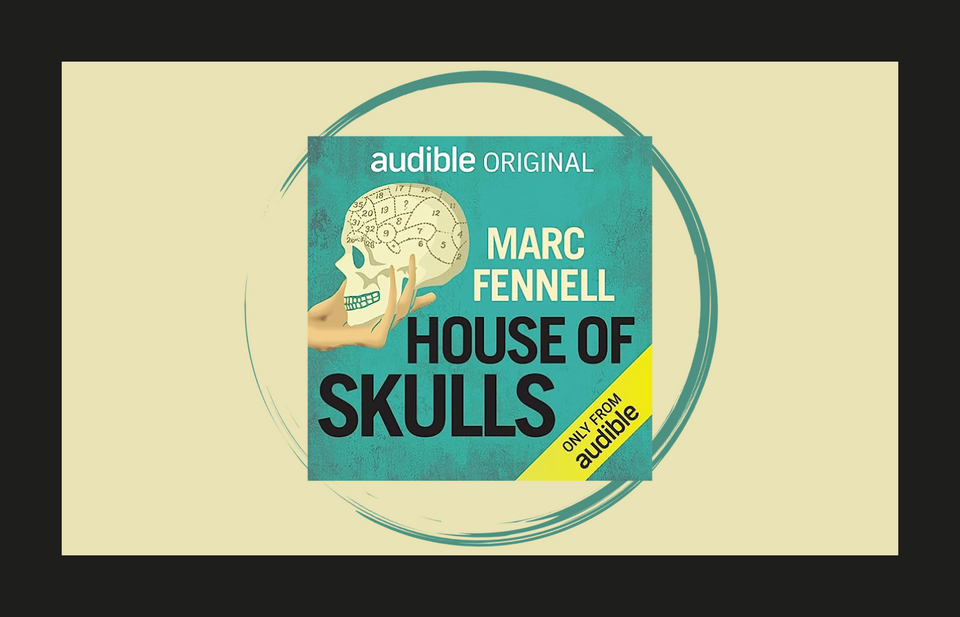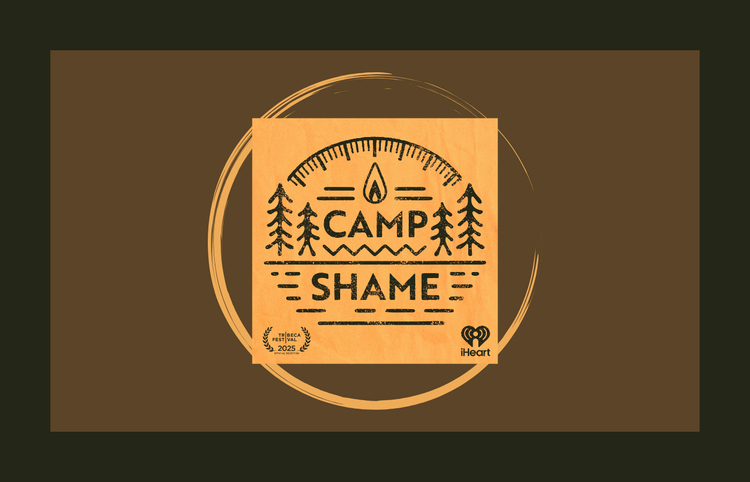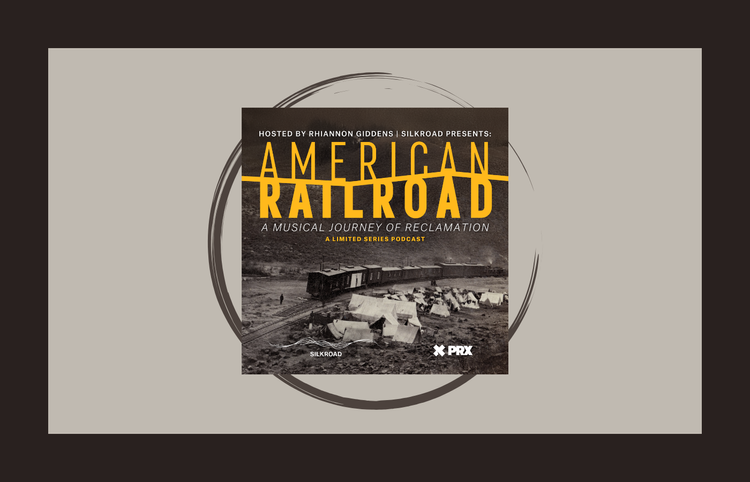Review: House of Skulls

This is an Audible-only podcast.
I remember being underground, exploring the historical recesses of the Cathedral of Valencia. They have a skull on display, a Roman skull. This was the first time I had the wind knocked out of me - that what I was staring at was once a person. It could have been me, or an ancestor of mine that I was staring at. Only a pane of glass and a millennia between us. This was the positive version of the parallel reaction that students at the University of Pennsylvania had when they were forced to stare at skulls in their classroom. Skulls sat there, reflecting back their own ancestry and historical marginalization.
The skulls from the Morton Cranial Collection are labeled in a fashion from the past - this callous red lettering, with simple monikers denoting where the skull came from. This is a visible remnant of global history that we know, where brown people were lesser, and white scientists were trying to prove it. Thousands of skulls from around the world, with questionable progeny sit in a private university, decorations. Step into history, and its discomforts with Marc Fennell in this podcast from Audible - House of Skulls.
This is an impeccable nine-part series that reaches back and forth in time and space to help wrap yourself around the context of what skulls in a classroom mean. While the content isn’t easy to listen to, the podcast itself is one that will keep you reaching again and again for the next episode - which are all available through Audible. Since they’re all available for a marathon: I want to say it’s a little annoying to have a “next time...” phrase repeated at the end of every thirty to fifty minute episode. Everything else about this podcast blows that tiny detail out of the water. It is heartwrenching, thought-provoking, and surreal to realize that this history is there and so interconnected with everything we know.
Skulls. In a classroom. Real skulls, only separated from the now by being decorations behind glass. One student recounts their experience, their own face reflected back with an outdated label of their own ancestry. Questions stir, what are these skulls doing here? Should they be here? Then the podcast dives deeper: Are the remains of people, or are they objects - potential pieces to be studied?
Marc Fennell masterfully explores this topic with grace and vigor, forcing the listener to consider all sides of an uncomfortable truth. I believe that many things can be true at once, and this podcast almost leads you there. However, the journeys Fennel takes people on are never straightforward; they are winding and nuanced, crafted in a way that makes the listener comfortable with the difficult questions presiding over an issue. In this instance: How does a cranial collection influence the way the NFL settles with players who experience the effects of repetitive brain damage? How does a cranial collection tie into a stickball game?
The questions presented seem complicated, and the answers are deftly folded into the history we explore. I found myself taking steps back to contemplate museums, my own interaction with the past, and where my line is when considering the humanity of an education that involves human remains. I don’t know if I can find that line - but I do know I understand a little more about what could be happening in those museum walls.
Listen to House of Skulls on Audible.
A Note: I don’t like paying for podcasts. I have a discomfort with exclusivity in the podcasting world. It’s dysfunctional and creates barriers when podcasting can be an incredible resource for people who may not have the same access to education or content.
Yet I reviewed this podcast because I think the story is important. I love the work of this podcaster Audible runs promo deals often. I took the chance for three months of reduced price, a few audiobooks, and hopefully, some podcasts I wouldn’t be able to listen to otherwise.
I did find the full podcast on Soundcloud, but if you know how to listen to Audible podcasts otherwise- please let me know!
Thank you for reading! - Keelin




Comments ()